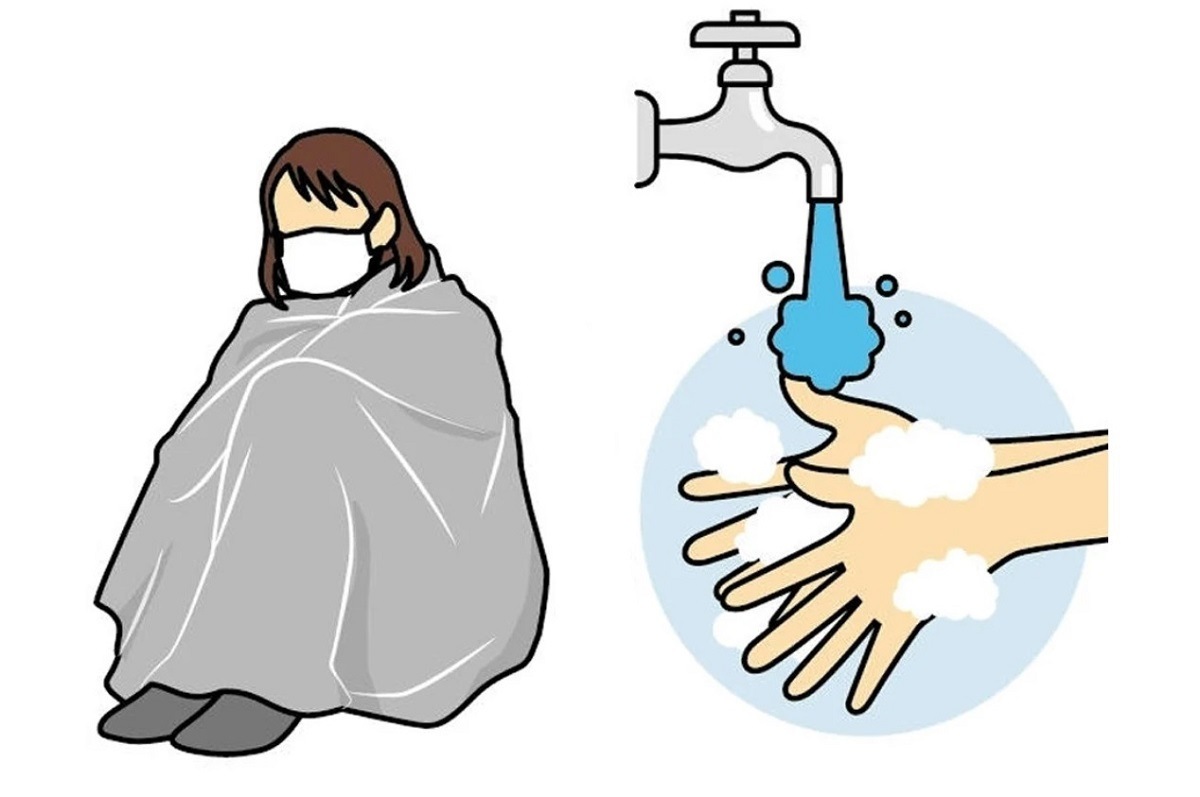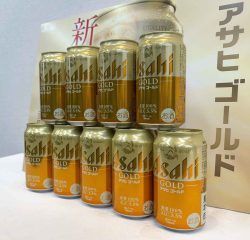Experts Say Evacuation Centers Need Thorough Ventilation; Handwashing, Vigilance against Hypothermia Also Needed

18:15 JST, January 3, 2024
In response to the Noto Peninsula earthquake, the Health, Labor and Welfare Ministry issued a written request — dated Jan. 1 — to prefectural governments and other parties that thorough measures be taken to prevent the spread of infectious diseases in evacuation shelters and similar locations.
In addition to the need to wear masks and wash hands, the ministry, in its request, stressed the importance of good ventilation.
The ministry recommended opening doors and windows when the effect of mechanical ventilation is deemed insufficient or when there are many people in one place. To ventilate rooms effectively, the ministry recommended that two doors or windows diagonally across from each other be opened.
As for hand hygiene when water supplies are cut off, Erisa Sugawara, professor of infectious disease control at Tokyo Healthcare University, said: “There should be a certain stockpile of alcohol disinfectant at evacuation centers designated by local governments. At other evacuation sites, people would do well to use wet towels to wipe their hands.”
The Society for Disaster Shelter and Refugee Life, an incorporated body, made public on its website on Monday a list of precautions for evacuees to take while staying at evacuation sites and elsewhere.
In severe cold weather, there is a risk of hypothermia, and elderly people are particularly likely to lose body heat. As countermeasures, the society recommends that evacuees wear cold-weather gear, or several layers of dry clothing, and stuff newspapers inside their upper garments, for instance.
Shinsaku Ueda, the society’s representative director, who is also deputy director of Ishinomaki Red Cross Hospital, urges people to be taken to a hospital if they show changes in their physical condition, such as “incessant trembling, or responding slowly when spoken to.”
Staying in a disaster shelter or inside a car can pose the risk of so-called “economy class syndrome,” a condition that occurs when a person has to sit in the same position for a long time, leading to blood clots that could then cause a blockage in the lungs.
The Japanese Society of Phlebology and others compiled on Monday a document to calling for people to prevent the syndrome by taking such preventive measures as: (1) raising and then lowering the tips of one’s toes, (2) walking, (3) not sleeping in a seated posture in a car seat for a long time, (4) massaging the calves, (5) taking in an adequate amount of fluid, and so on.
Top Articles in Society
-

Producer Behind Pop Group XG Arrested for Cocaine Possession
-

Man Infected with Measles Reportedly Dined at Restaurant in Tokyo Station
-

Man Infected with Measles May Have Come in Contact with Many People in Tokyo, Went to Store, Restaurant Around When Symptoms Emerged
-

Woman with Measles Visited Hospital in Tokyo Multiple Times Before Being Diagnosed with Disease
-

Bus Carrying 40 Passengers Catches Fire on Chuo Expressway; All Evacuate Safely
JN ACCESS RANKING
-

Producer Behind Pop Group XG Arrested for Cocaine Possession
-

Japan PM Takaichi’s Cabinet Resigns en Masse
-

Man Infected with Measles Reportedly Dined at Restaurant in Tokyo Station
-

Israeli Ambassador to Japan Speaks about Japan’s Role in the Reconstruction of Gaza
-

Videos Plagiarized, Reposted with False Subtitles Claiming ‘Ryukyu Belongs to China’; Anti-China False Information Also Posted in Japan























